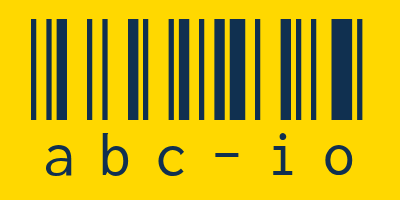Hopefully not Grok’s companions …
A new study by a U.S. nonprofit focused on the lives of kids and families, Common Sense Media, has found that a vast majority of U.S. teens (72%) have tried an AI companion at least once. By “companion,” the study is focused on AI chatbots that are designed for users to have more personal conversations with, not AI assistants that work as homework helpers, image generators, or voice assistants that just answer questions.
For instance, the study’s definition of AI companions could include those digital AI personas provided by companies like Character.AI or Replika, but it could also encompass the use of general-purpose chatbots like ChatGPT or Claude, which can be used for more personal conversations, if desired.
The study found that chatting with an AI seems to be appealing to U.S. teens (ages 13 to 17), as not only had nearly three-quarters tried an AI companion, but also 52% said they are regular users. Among those who engaged with these companions regularly, 13% chat with them daily and 21% chat a few times a week.
Boys (31%) were also slightly more likely than girls (25%) to say they had never used an AI companion, among the one in four teens who said they have never tried it.
The findings are based on a study that ran during April and May 2025 and used a representative sample of 1,060 teens and was conducted by researchers from NORC at the University of Chicago. There have already been concerns about AI’s impact on teens’ well-being, as one firm, Character.AI, is being sued over a teen’s suicide in Florida and for promoting violence in Texas. There are also a number of reports that describe the potential dangers of using AI for therapy.
The findings from Common Sense Media’s new study offer an early understanding of how young people are using AI to simulate human interactions, which could include virtual friendship, emotional support, therapy, and role-playing games, among other things.
The analysis also examined other behaviors around teen usage of AI companions, including what sorts of tasks teens turned to them for, why, and what the after-effects were.

For instance, nearly half (46%) said they saw AI companions as tools or programs, and 33% said they use them for social interaction and relationships. Teens said they use the AI companions for various purposes: entertainment (30%), curiosity about AI technology (28%), advice (18%), and because they’re always available (17%).
Half of teens (50%) said they don’t trust the information provided by AI companions. However, older teens are less likely to trust the AI’s advice compared with younger teens, ages 13 to 14, at 20% and 27%, respectively.

One-third of the teens said they find the conversations more satisfying than those with real-life friends, though the majority (67%) felt the opposite way.
Plus, 39% were using the AI conversations as practice for real-life interactions, as 39% said they applied skills they first tried with an AI to real-world situations. Among the skills practiced, social skills were the top use case, with 39% of teens having explored this area, followed by conversation starters (18%), giving advice (14%), and expressing emotions (13%).

In terms of whether real-life relationships will be replaced by tech, there was one positive finding: 80% of teens who used AI companions said they spend more time with real friends than with their AI chatbots. Only 6% said the reverse was true.











Add Comment